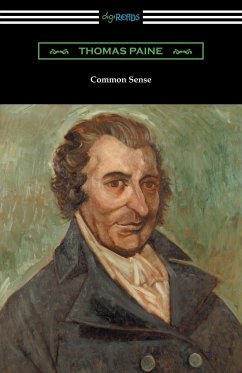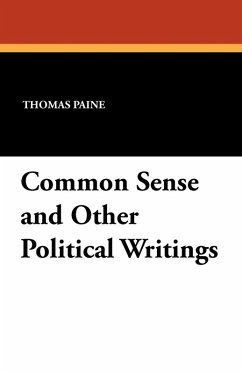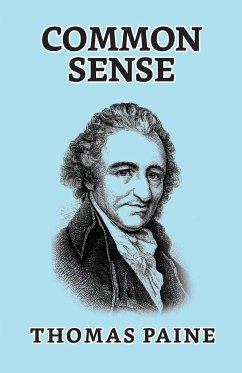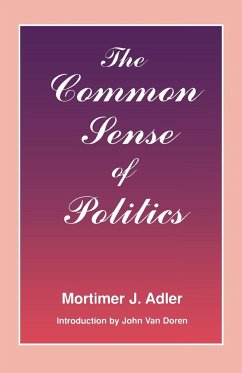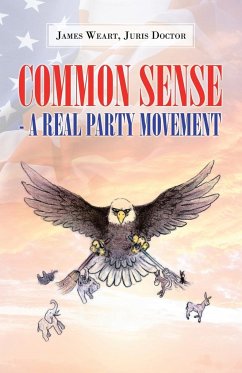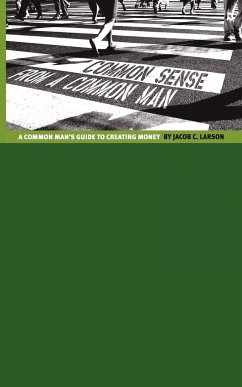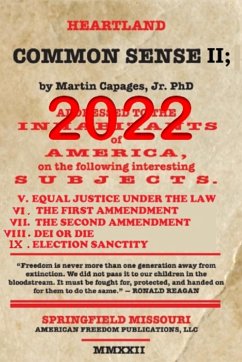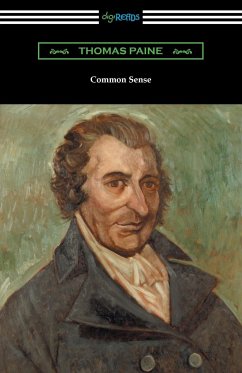
Common Sense
Versandkostenfrei!
Versandfertig in 1-2 Wochen
8,99 €
inkl. MwSt.

PAYBACK Punkte
4 °P sammeln!
First published on January 10, 1776, Thomas Paine's "Common Sense" was one the most influential and best-selling works from the colonial period. It has been suggested that it may have been the single biggest factor in inspiring the people of the Thirteen Colonies to declare and fight for their independence from Great Britain beginning in the summer of 1776. One of the central political arguments amongst the colonists of the pre-revolutionary period was whether or not they should indeed seek independence and freedom from British rule. The consequences of speaking out against the British Empire ...
First published on January 10, 1776, Thomas Paine's "Common Sense" was one the most influential and best-selling works from the colonial period. It has been suggested that it may have been the single biggest factor in inspiring the people of the Thirteen Colonies to declare and fight for their independence from Great Britain beginning in the summer of 1776. One of the central political arguments amongst the colonists of the pre-revolutionary period was whether or not they should indeed seek independence and freedom from British rule. The consequences of speaking out against the British Empire were potentially lethal, and as such, the decision of when, where, and how to do so had to be considered with great care. Given its treasonable content and so as not to distract from the central message of the work, Thomas Paine chose to publish the work anonymously. "Common Sense" provided a straightforward argument in clear, simple language, to the American people as to why they should seek independence, and its importance to the shaping of American history cannot be overstated. This edition is printed on premium acid-free paper.



